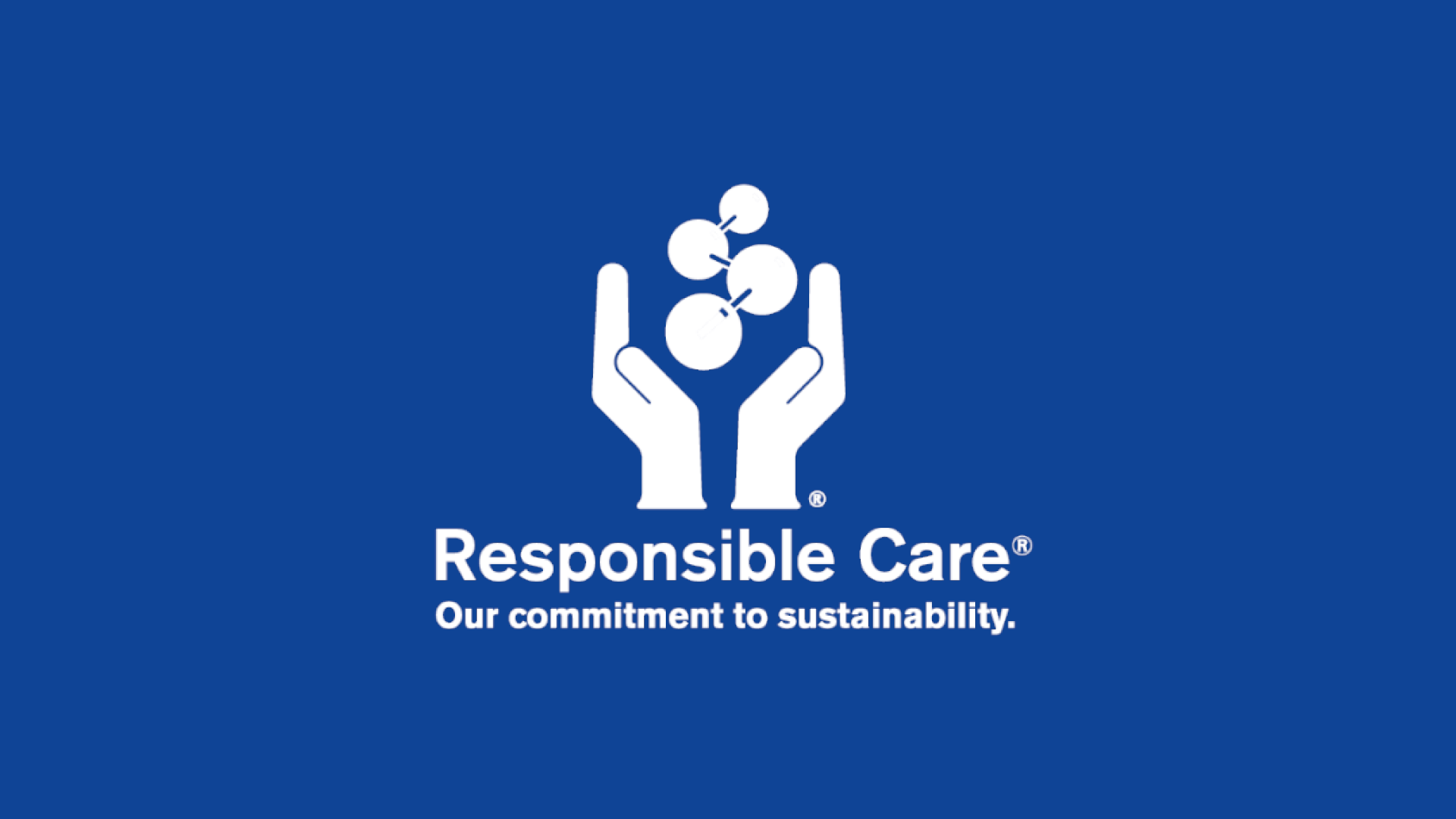Responsible Care 2019 results published – efforts in the chemical industry to promote sustainable production and occupational health and safety pay off

The results of the Chemical Industry Federation of Finland’s Responsible Care programme for 2019 have been published. As the results show, the long-term efforts in the industry to promote sustainability are paying off. Both greenhouse gas emissions and the number of injuries at work have decreased. An increasing number of companies used renewable raw materials in their production, and the amount of waste has decreased.
The commitment of companies to the Responsible Care programme shows the willingness to work for sustainable business operations. For example, greenhouse gas emissions in the sector have fallen by 31 per cent since 1999.
”The chemical industry aims at carbon neutrality, and the Responsible Care programme has an important role to play in achieving this goal. It provides companies with measurement tools, a channel for cooperation and a philosophy for the responsible development of business operations”, says Alexandra Peth, senior advisor at the Chemical Industry Federation of Finland.
Drawing on the metrics that were renewed in 2018, the Responsible Care programme collects increasingly detailed information on raw materials used by companies and energy consumption. This has several uses, for example in monitoring progress in achieving carbon neutrality. In 2019, well over one-third (39 per cent) of the companies reported using renewable raw materials alongside non-renewable materials. In addition, more than half of the companies use recycled materials in their production.
Further drop in number of injuries
Investments in safety development have also brought good results. The number of injuries resulting in absenteeism from work continued to drop in 2019, and a quarter of the companies had no injuries involving their own personnel or contractors that led to absence from work.
“The sector aims for zero injuries. This means continuous and intensive development of safety and the contribution of all chemical industry professionals to working together. We are also looking to the future, to the attitudes and expertise of future professionals. We are working on this in proactive cooperation with secondary schools and universities”, says Merja Vuori, chief advisor at the Chemical Industry Federation of Finland.
“The importance of the work to promote safety is also reflected in the current exceptional circumstances, where both personnel and production safety take priority”, Vuori says.
Highlights of Responsible Care results 2019 (2018 figures in brackets for comparison):
- Greenhouse gas emissions 217 gCO2e per kilo of production (220)
- Energy consumption 90 TWh per million tonnes (0.95)
- Materials leaving production are side streams and waste: 1.1% (1.8%)
- Side streams and waste used as material and energy: 90% (95%)
- Lost time injuries frequency rate (LTI3, personnel) 4.4 accidents per million working hours (4.5)
- Lost time injuries frequency rate (LTI1, personnel) 6.5 accidents per million working hours (6.7)
- Safety observations and safety reports average 2 per person (new metric)
Responsible Care results online:
Further information
Alexandra Peth
Senior advisor, Responsibility, Chemical Industry Federation of Finland
+358 43 825 9505, alexandra.peth@kemianteollisuus.fi
Responsible Care is an international responsibility programme which supports sustainability in the chemical industry. It has guided development work in the sector in Finland since 1992. Currently, 98 companies are engaged in the programme, accounting for 80 per cent of the industry’s production and 60 per cent of its workforce.
Summary reports for about 30 indicators are made annually, showing the development of responsibility efforts in the companies participating in the programme. The results provide a wide range of information, for example on investments in the chemical industry, resource efficiency, emissions, occupational safety and wellbeing, product chains, and interaction and collaboration.
The programme implementation is coordinated by The Chemical Industry Federation of Finland. The Industrial Union, Trade Union Pro and the Federation of Professional and Managerial Staff participate in programme monitoring and development.
The chemical industry is one of the most important industrial sectors in Finland. It accounts for approximately one-fifth of the country’s industrial production and exports of goods. The industry employs almost 100,000 people directly, indirectly and through the income created by the industry.

